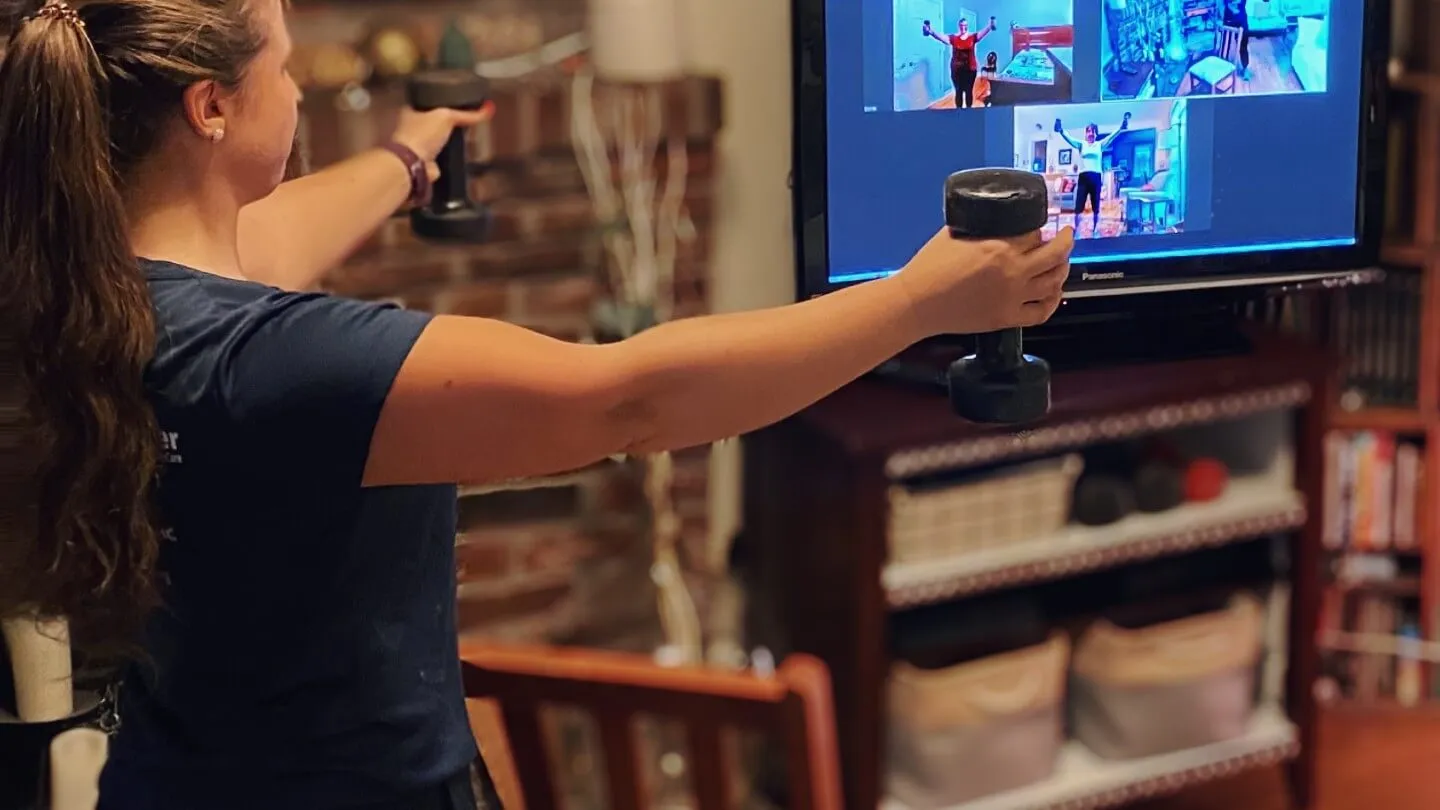World Trade Center (WTC) rescue and recovery workers (Responders) have a 6-14% higher incidence of cancer than background rates due to exposure to a complex mix of known and suspected carcinogens. One of the cancers contributing to the high incidence rates is prostate cancer, which has been characterized to be more aggressive than prostate cancer diagnosed in the general population. Physical function impairment, an indicator of accelerated aging, has been found to be a life altering consequence of the toxic exposure, cancer and cancer treatment WTC Responders face.
Now, a new R21 Grant from the Centers for Disease Control and National Institute for Occupational Safety and Health will allow Nancy Gell, PT, PhD, MPH, co-investigator Elise Tarbi, PhD, APRN, and collaborators at Mount Sinai to determine if remotely delivered group exercise could help prevent accelerated aging. With the funding, the team will conduct a randomized control trial to examine the feasibility and acceptability of remotely delivered group exercise to Responders with prostate cancer. They will compare relevant outcomes in physical functioning and quality of life to determine if this intervention could improve the lives of Responders with prostate cancer.
While this work focuses on WTC Responders, the results of the study are directly relevant to much of the UVM Cancer Center catchment area which resides in rural communities with less access to exercise resources. The remotely delivered exercise program has the potential to alter the way exercise interventions are delivered to cancer patients, improving access and support for health-enhancing exercise.
The successful submission of this grant was made possible by a UVM Cancer Center Pilot Project Grant and preliminary work was supported by a UVMCC Summer Student Fellow.

